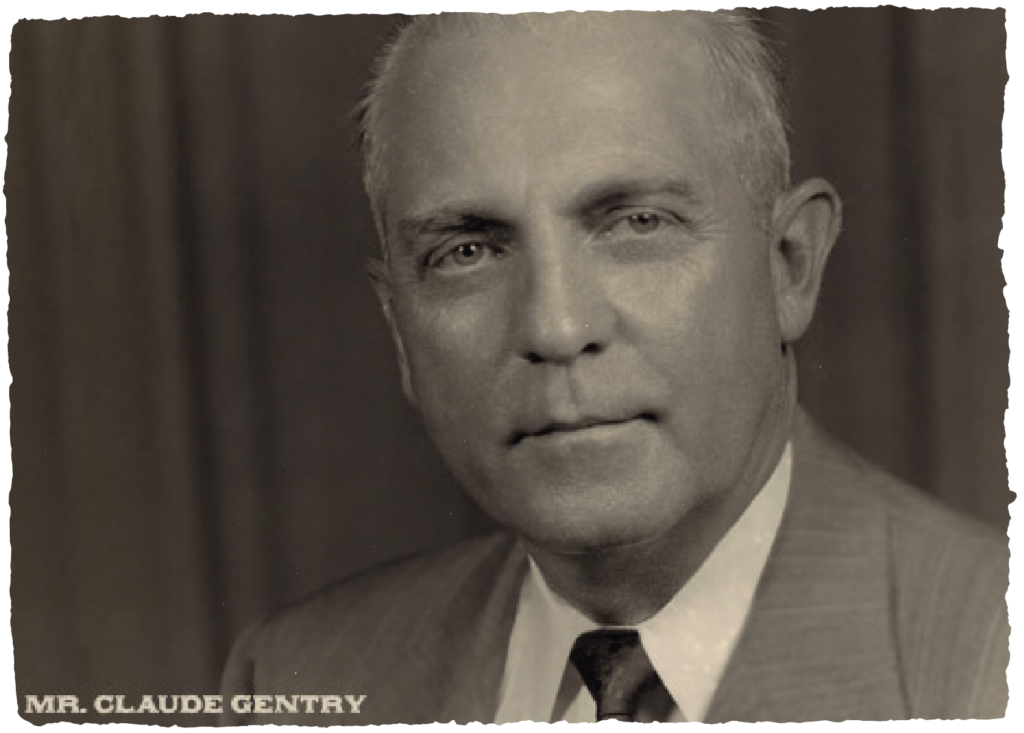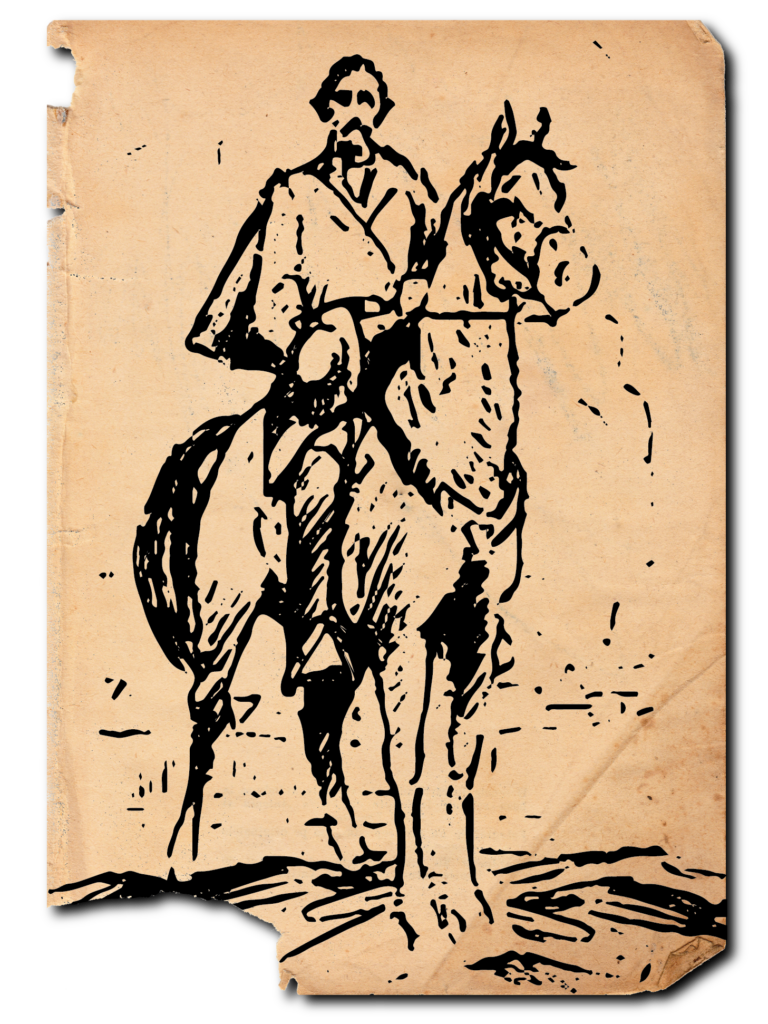History
Mr. Claude Gentry
Gentry was born on July 25, 1902 in a house just a few hundred yards north of the original Brice’s Crossroads Museum and Visitors’ Center. He was a Baldwyn native who possessed many talents.
“Mr. Claude,” as he was known to many, dedicated much of his adult life to the historical preservation of the Battle of Brice’s Crossroads. His log cabin museum, which stood next to his home in Baldwyn from 1961 until 1998, served as the forerunner to the current MS Final Stands Interpretive and Visitors’ Center. He was instrumental in organizing anniversary celebrations for the battle in 1954 and 1964. He is responsible for the granite markers erected by an act of the Mississippi Legislature in 1957.
In addition to developing others’ interest in Brice’s Crossroads, Mr. Claude was a writer with many published works. The remainder of his books still in print are sold in the Visitors Center Bookstore.
Mr. Gentry died in December of 1992.

History of the Battles
These battles, fought in the summer of 1864 in Northeast Mississippi, were part of the Atlanta campaign. For Major General William T. Sherman, the fighting in Mississippi in the summer of 1864 was to protect the railroad carrying food and ammunition from Tennessee to his army advancing on Atlanta. In the spring of 1864, the Federal plan for war in the West was to bisect the South and Gen. Sherman’s task was to destroy the Army of Tennessee, occupy Atlanta and march to the sea. Early in the Atlanta Campaign, the Confederate high command contemplated attacking Sherman’s main supply line. Maj. Gen. Nathan Bedford Forrest’s mounted infantry set out on June 1, 1864 to Russellville, Alabama, but was alerted by Maj. Gen. Stephen D. Lee of Samuel Sturgis’s intent to move from Memphis and eliminate Forrest. Brice’s Crossroads was a brilliant tactical victory for Forrest on June 10, but the battle brought no relief to the Confederacy. Sherman forestalled an attack on the Railroad by sending small commands to northern Mississippi.On July 14-15 that summer, Forrest was held for a time in Tupelo at Harrisburg and Old Town Creek by Maj. Gen. A. J. Smith. Lee and Forrest made a series of uncoordinated charges against the Federal position both at Harrisburg and Old Town Creek, but was repelled. The Confederates did not fight with their usual skill.



